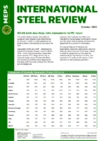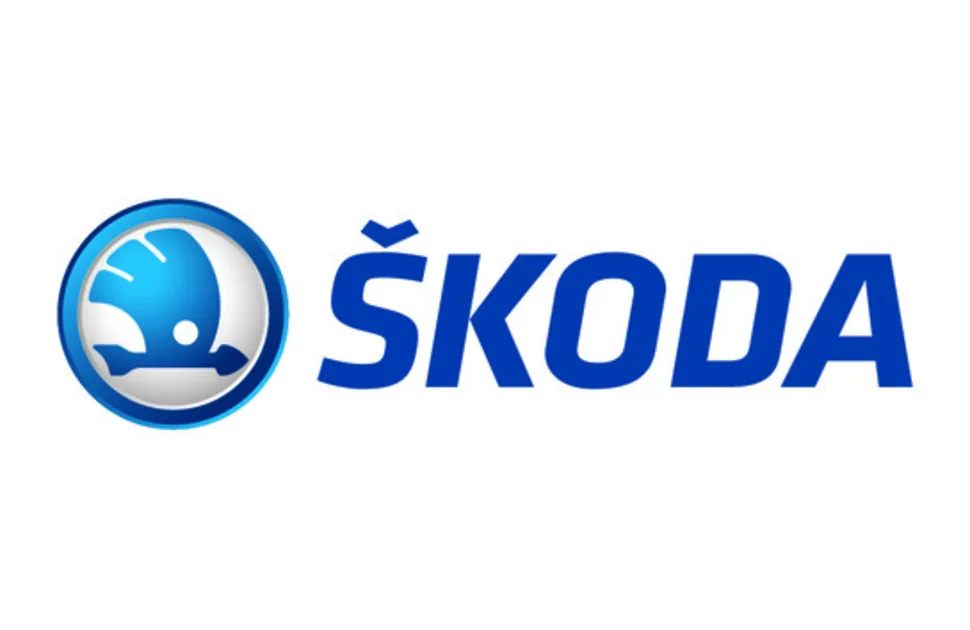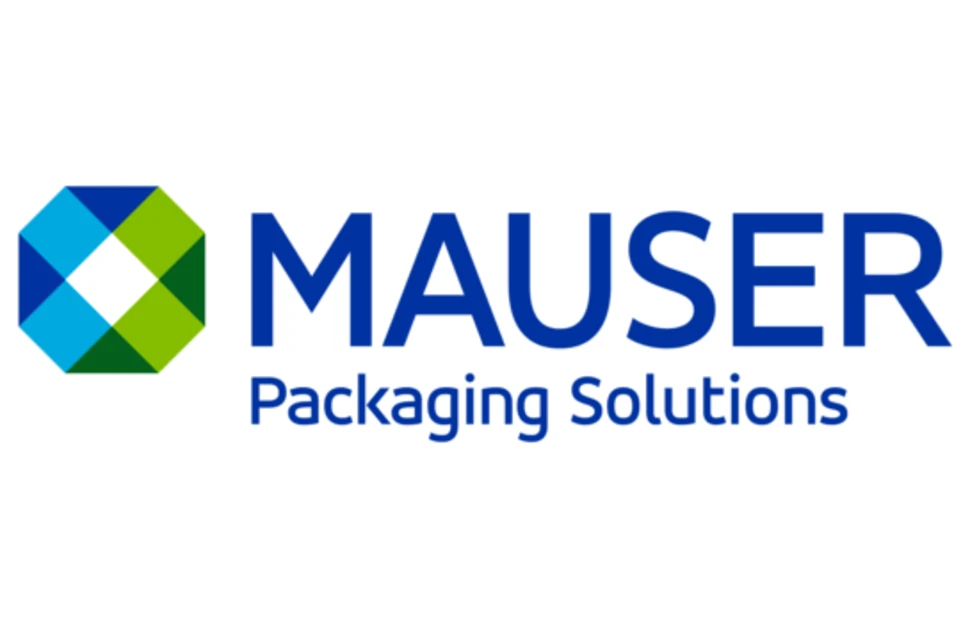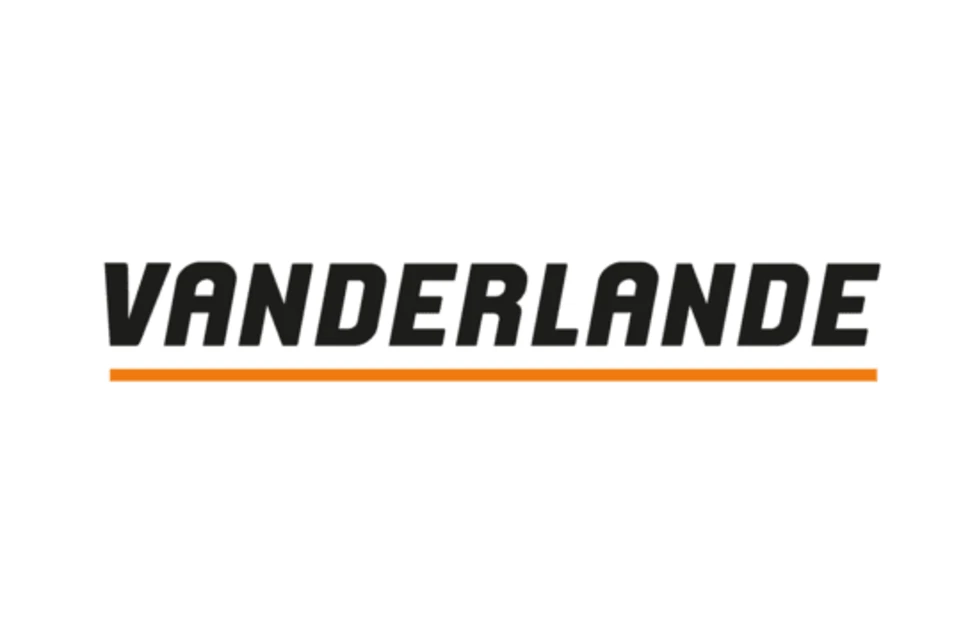South Korean concerns over Vietnam antidumping probe
Steel market participants in South Korea are concerned that Vietnam’s recently launched antidumping investigation will cause Chinese exporters to divert material to their market.
Vietnam’s Ministry of Industry and Trade launched an antidumping investigation, effective July 26, 2024, into hot rolled coil originating from China and India. The analysis is expected to take around a year to complete and may result in the application of antidumping duties on Chinese-origin coils exported to Vietnam.
- MEPS International delivers monthly price data and commentary from the South Korean steel market in its International Steel Review publication. Contact MEPS for details of the report and how to subscribe.
Shifting trade flows
China exports large quantities of hot rolled coil to Vietnam and volumes have surged in 2024. In the January to June period, shipments increased by 87% to 4.45 million tonnes. That is more than the volume exported from China to Turkey, Saudi Arabia and the UAE combined in the same timeframe. Those countries are the three next biggest export destinations for Chinese hot rolled coil.
The introduction of new antidumping duties in Vietnam could see increased volumes of Chinese material diverted to South Korea. MEPS respondents say South Korea’s steel distributors are already struggling to remain profitable due to the presence of low-priced Chinese coils in the domestic market.
Ewan Gilfillan, steel market analyst at MEPS International, said: “China is exporting a lot of steel because domestic demand is weak. The manufacturing sector has contracted in five out of the first seven months of this year and there is a lack of investment in the property sector.
“South Korean steel market participants tell us that they are concerned that more Chinese material will find its way to South Korea if Vietnam applies duties on Chinese-origin imports. That’s because there are no trade defence measures on Chinese hot rolled coils entering South Korea, making it an attractive market for exporters.”
Cheap Chinese imports flood South Korean market
China is the second largest supplier of hot rolled coil to South Korea. In the first half of 2024, the country shipped 951,456 tonnes to South Korea, an increase of 2.9% year-on-year, according to data compiled by ISSB. Chinese-origin imports had already increased by 22% year-on-year during the same period of 2023.
Chinese material is much cheaper than South Korea’s domestically produced coil. In 2023, the average price difference was USD120 per tonne. Although the gap has narrowed in recent months, Chinese imports remain competitive. MEPS recently assessed South Korean hot rolled coil prices at around USD540 per tonne, delivered from local mills, while there are reports of Chinese material being offered to South Korean buyers at USD500 per tonne, delivered CFR.
South Korea’s imports of hot rolled coil mostly come from Japan. However, in the first six months of 2024 shipments arriving from that country fell by 17% year-on-year, to just over one million tonnes. Japanese coils are typically more expensive than locally produced material. In July 2024, MEPS assessed the difference between Japanese and South Korean domestically produced hot rolled coils at more than USD100 per tonne.

Source:
International Steel Review
The MEPS International Steel Review is an essential monthly publication, offering professional analysis and insight into carbon steel prices around the world.
Go to productRequest a free publication





